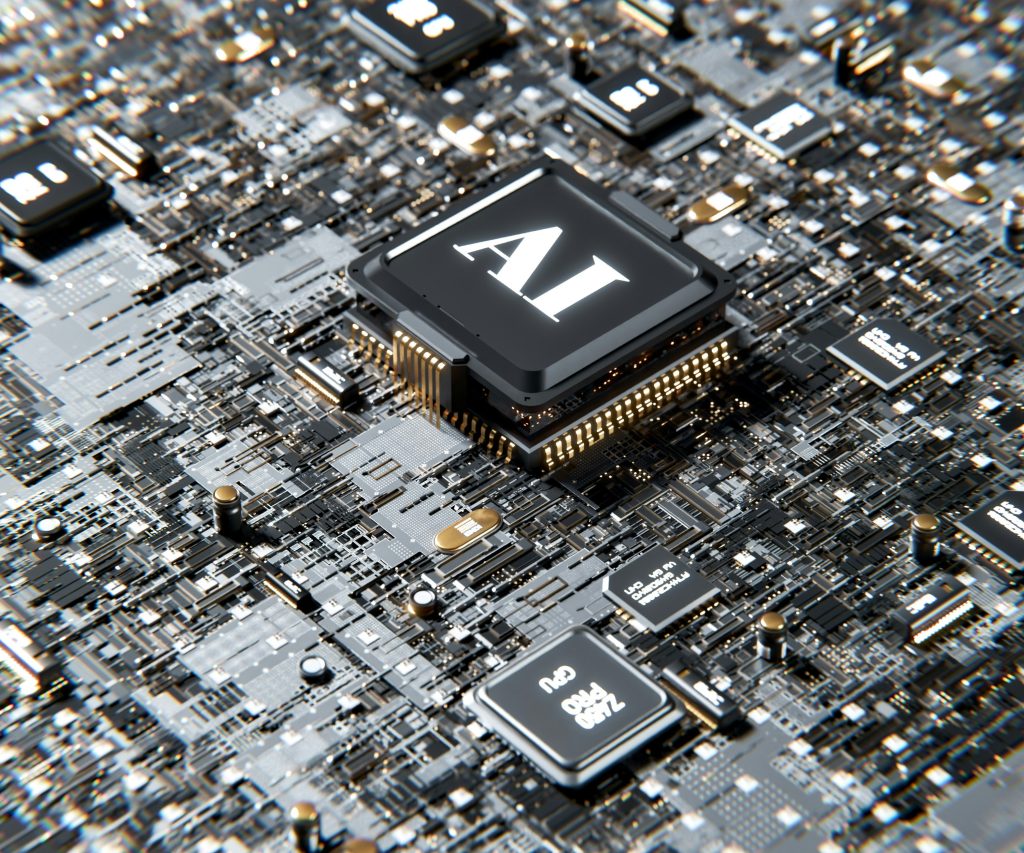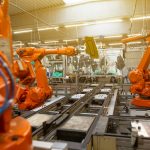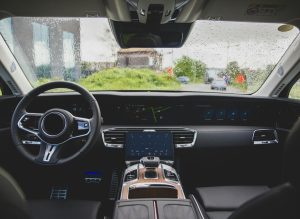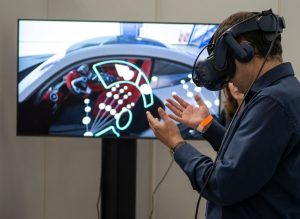Artificial intelligence (AI) has emerged as a transformative force across industries, and its impact on the automotive sector is nothing short of revolutionary. From enhancing safety features to enabling self-driving technology, AI is redefining the way cars are designed, manufactured, and operated. As vehicles become smarter and more connected, AI is playing a central role in shaping the future of mobility. Here’s an in-depth look at how artificial intelligence is influencing modern cars and what it means for drivers, manufacturers, and the industry as a whole.
AI-Driven Safety Features
One of the most immediate and noticeable applications of AI in cars is the enhancement of safety features. Advanced driver-assistance systems (ADAS), powered by AI, have made significant strides in preventing accidents and protecting passengers.
AI enables features such as:
Adaptive Cruise Control: Maintains a safe distance from the vehicle ahead by automatically adjusting the car’s speed.
Lane-Keeping Assistance: Detects lane markings and gently steers the car back into its lane if it drifts.
Automatic Emergency Braking: Uses sensors and AI to detect potential collisions and applies the brakes if the driver doesn’t respond in time.
These systems rely on a combination of cameras, radar, and sensors, which are integrated with AI algorithms to process data in real time. By predicting and reacting to potential hazards, AI is helping to reduce human error, which is a leading cause of road accidents.
Autonomous Driving Technology
Perhaps the most groundbreaking application of AI in modern cars is the development of autonomous vehicles (AVs). Self-driving technology relies heavily on AI to interpret vast amounts of data collected from sensors and cameras, enabling vehicles to navigate complex environments without human intervention.
AI in autonomous vehicles performs several critical tasks, including:
Object Recognition: Identifying pedestrians, cyclists, vehicles, and obstacles on the road.
Decision-Making: Determining the safest and most efficient routes while adhering to traffic laws.
Predictive Analytics: Anticipating the actions of other road users to prevent accidents.
Companies like Tesla, Waymo, and Cruise are at the forefront of this technology, pushing the boundaries of what AI can achieve in the automotive space. While full Level 5 autonomy—where no human intervention is required—is still in development, advancements in AI are steadily bringing it closer to reality.
AI in Infotainment Systems
Modern cars are more than just vehicles—they are becoming entertainment hubs on wheels. AI is transforming in-car infotainment systems by making them smarter, more intuitive, and highly personalized.
Voice-activated virtual assistants like Amazon Alexa, Google Assistant, and proprietary systems such as BMW’s Intelligent Personal Assistant allow drivers to control navigation, climate, and entertainment features using natural language commands. These systems use AI to understand context and improve over time, offering a seamless user experience.
Additionally, AI-powered infotainment systems can learn a driver’s preferences, such as favorite music playlists, preferred routes, and even ideal cabin temperatures. This level of personalization enhances convenience and makes the driving experience more enjoyable.
Predictive Maintenance and Vehicle Health Monitoring
AI is also revolutionizing the way cars are maintained. Predictive maintenance systems use AI to analyze data from various sensors within the vehicle, identifying potential issues before they become serious problems.
For example, an AI system can monitor engine performance, tire pressure, and brake wear, alerting drivers to necessary maintenance tasks. This not only prevents breakdowns but also saves time and money by addressing problems early.
Manufacturers benefit as well, as they can use this data to improve vehicle designs and enhance reliability.
AI in Manufacturing and Design
AI isn’t just changing how cars operate—it’s also transforming how they are built. In manufacturing, AI-powered robots and algorithms are streamlining production processes, improving efficiency, and reducing waste.
For example, AI systems can optimize assembly lines by identifying bottlenecks and suggesting improvements. In design, AI helps engineers simulate and test new features digitally, speeding up innovation cycles and reducing costs.
Challenges and Ethical Considerations
Despite its many benefits, the integration of AI in modern cars raises important challenges and ethical questions. Issues such as data privacy, cybersecurity, and liability in the event of accidents involving autonomous vehicles must be addressed.
Moreover, the transition to AI-driven systems requires significant investment and adaptation by automakers, regulators, and consumers alike. Ensuring public trust in these technologies will be critical to their widespread adoption.
The Road Ahead
Artificial intelligence is reshaping the automotive landscape, driving innovation and enabling smarter, safer, and more efficient vehicles. From life-saving safety features to self-driving technology, AI’s role in modern cars is expanding at an unprecedented pace.
As automakers continue to harness the power of AI, the future of transportation promises to be not only more advanced but also more personalized and sustainable. While challenges remain, one thing is certain: AI is steering the automotive industry into a new era of mobility.













